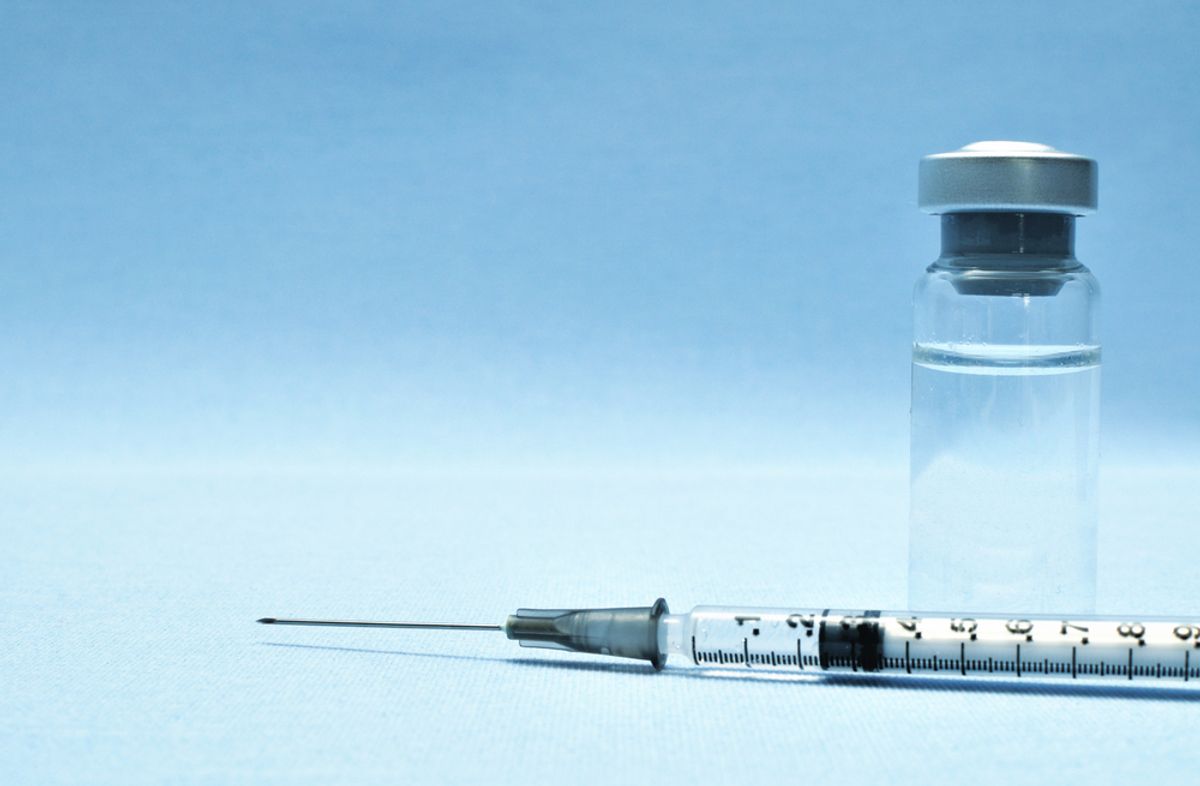A new study found that an overwhelming majority of vaccination "naysayer" parents surveyed were influenced by friends, family and other non-medical peer recommendations when deciding whether or not to vaccinate their child, leading researchers to conclude that changing parents’ attitudes about vaccines may be a matter of influencing their influencers.
Researchers surveyed 196 parents of children 18 months or younger in a Seattle county with vaccination rates below the national average: 126 of these parents followed the national recommendations on childhood-vaccination from the U.S. Centers for Disease Control and Prevention (CDC), while 70 delayed vaccination, partially vaccinated or didn't vaccinate their child at all.
While both were informed by friends and family, peer influence in the vaccination "naysayer" group was a much bigger factor than in vaccine "conforming" circles, researchers found. Advice from social networks "blew any other variable out of the water” for vaccine doubters, Emily Brunson, who conducted the research as an anthropology graduate student at the University of Washington, told Time magazine. It “was more important in terms of predicting what parents decide to do than any other factor, including parents’ own opinions," she added.
As Time reports:
The effect was overwhelming, particularly for parents whose network mostly recommended not following immunization guidelines; they were more than 1,500 times more likely to not adhere to the CDC’s vaccination schedules for their children than other parents. Even parents whose networks were more compliant about following immunization schedules (comprising 26% to 50% of people who advised against the guidelines) were 31 times more likely to not vaccinate as recommended. “Parents’ people networks matter a ton,” says Brunson, now an assistant professor of anthropology at Texas State University. “Having those conversations with your sister, with your parent, with your friends matter a lot more than we thought.”
Parents who didn’t follow vaccination advice were also more likely to have extensive “source networks” — troves of books, websites and magazine articles they turned to for vaccine-related information. On average, 59% of nonconformers’ sources — many of which persist in promoting a widely debunked association between vaccines and autism— recommend ignoring CDC guidelines compared with 20% of conformers’ sources.
The research findings are pushing public health officials to consider new strategies when promoting childhood immunizations:
It may be time, they say, to extend their reach beyond doctors and start paying attention to other people who influence parents’ vaccination decisions, namely friends and family whom moms and dads list as part of their “social network.” “If we want to improve vaccination rates, communication needs to be directed to the public at large,” says Brunson.
As part of this strategy, a pilot program called Immunity Community has started recruiting pro-vaccine parents to evangelize to their peers and influence others to adhere to the CDC vaccination guidelines. And so far, it's been working. The program is being run in the same Seattle county that Brunson conducted her research, and, as Times notes, one Montessori-preschool pilot site raised its immunization rate from 60 percent to 80 percent as a result. The CDC is monitoring this site and others for progress, and is considering bringing this grassroots pro-vaccine program to other states as part of a national campaign.

Shares